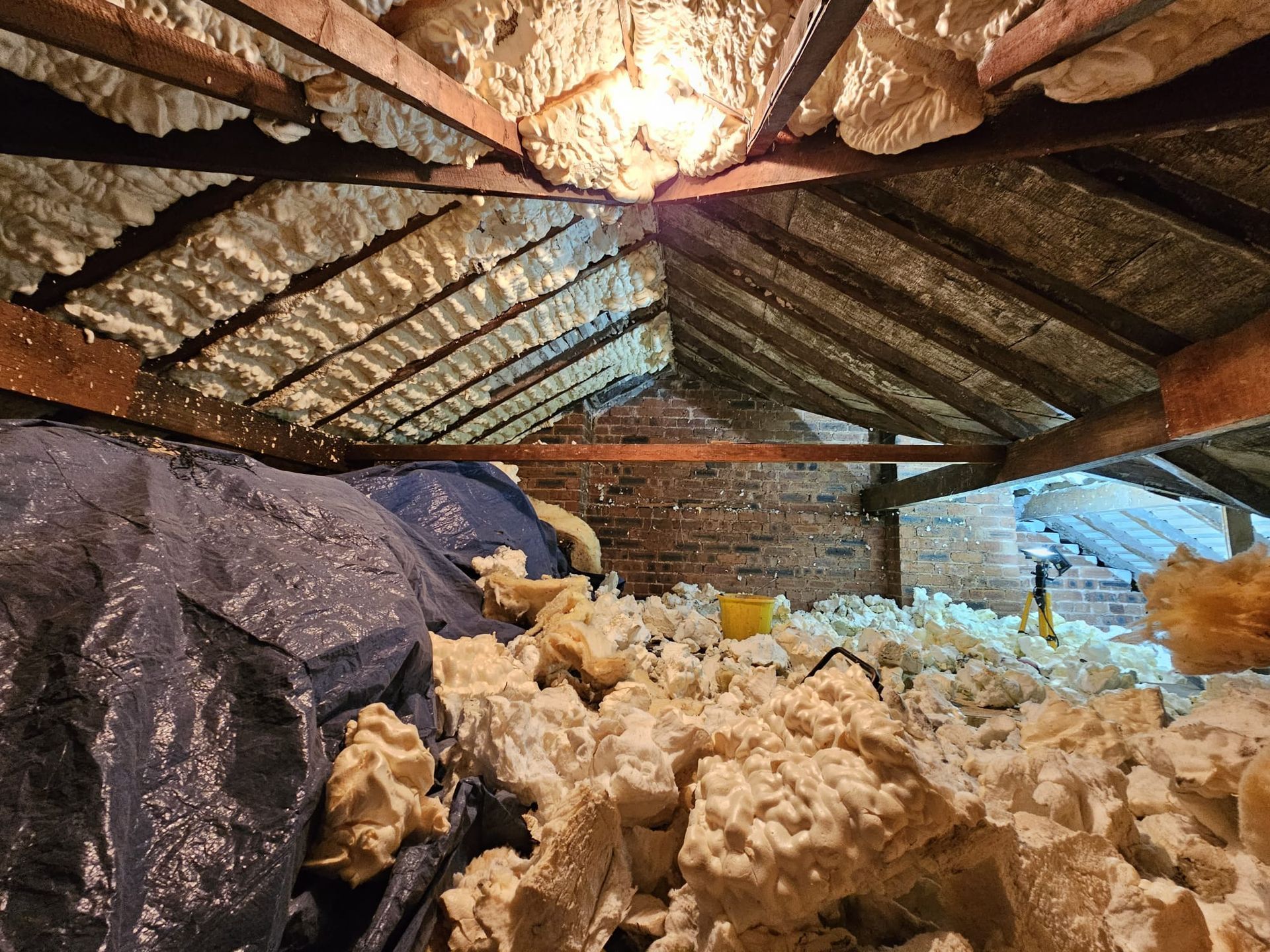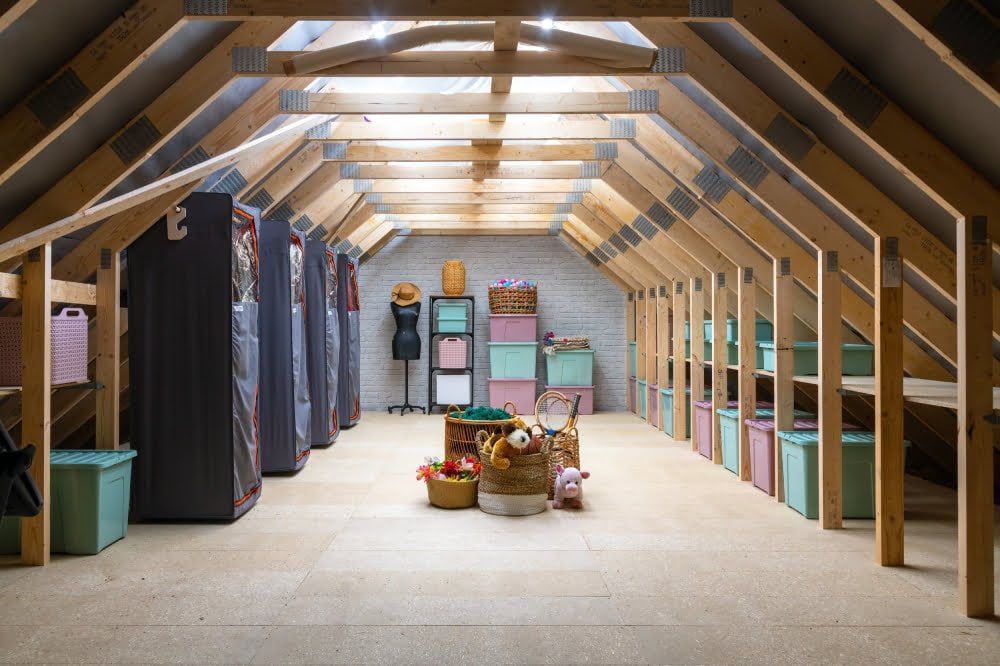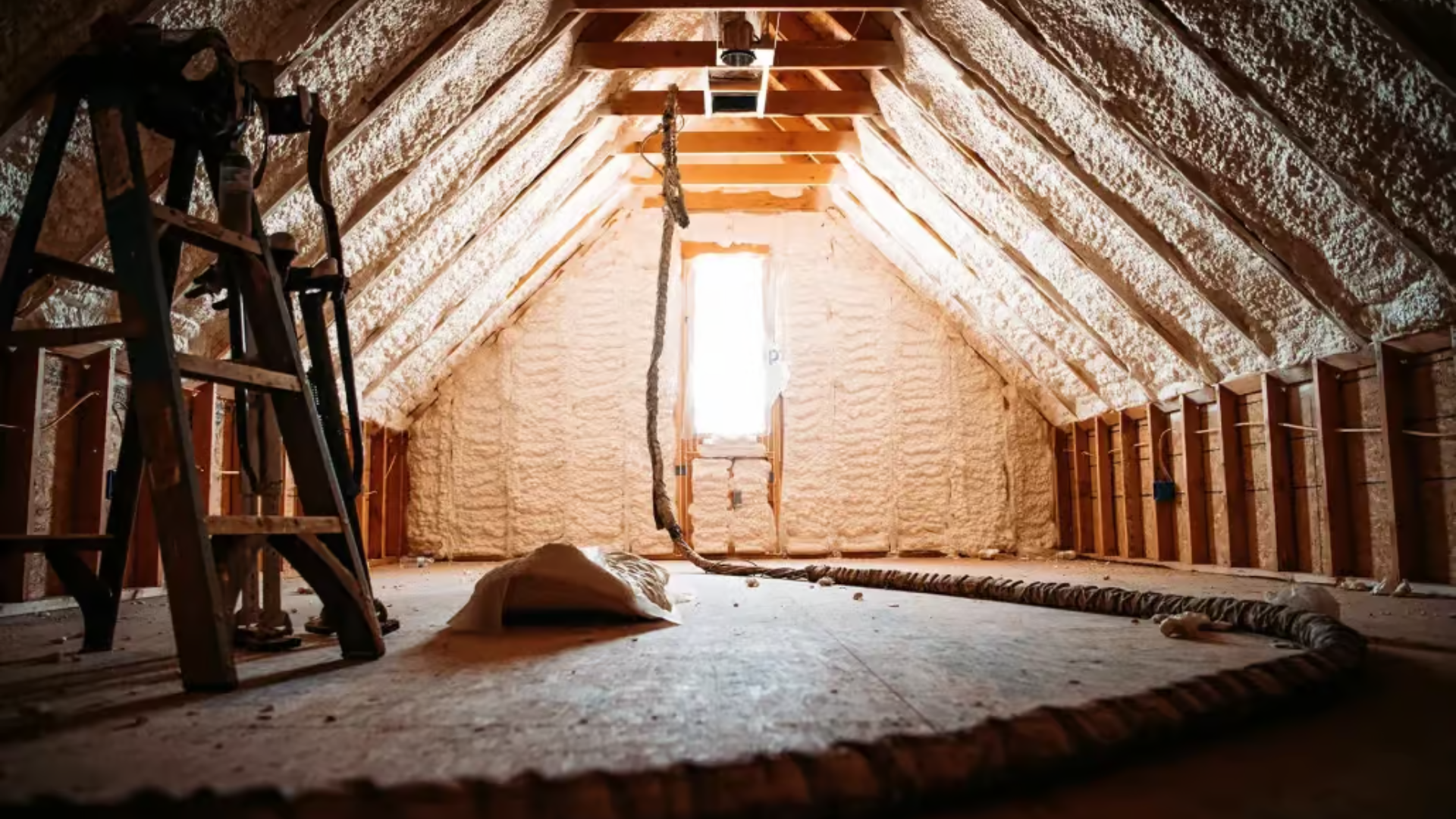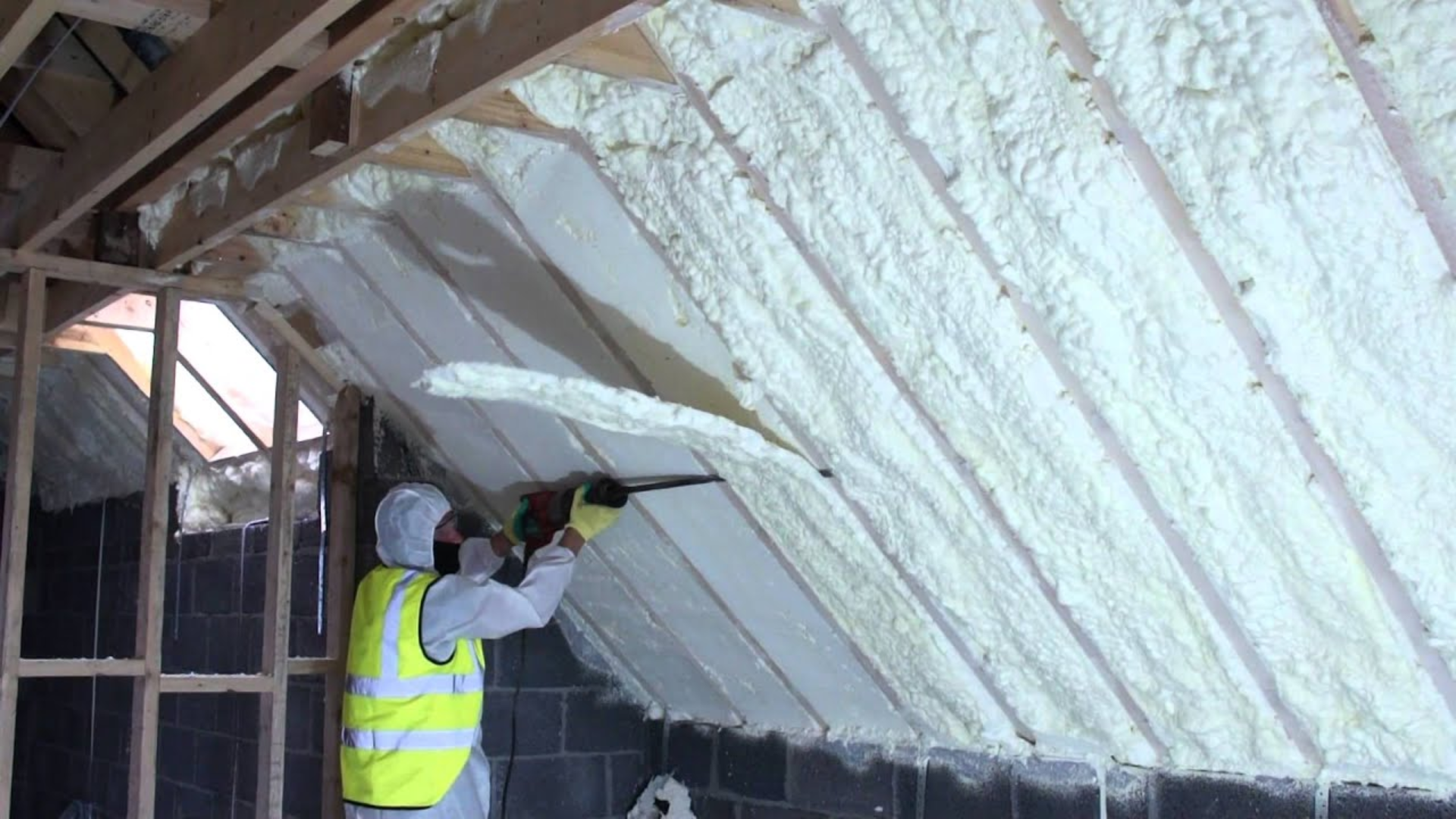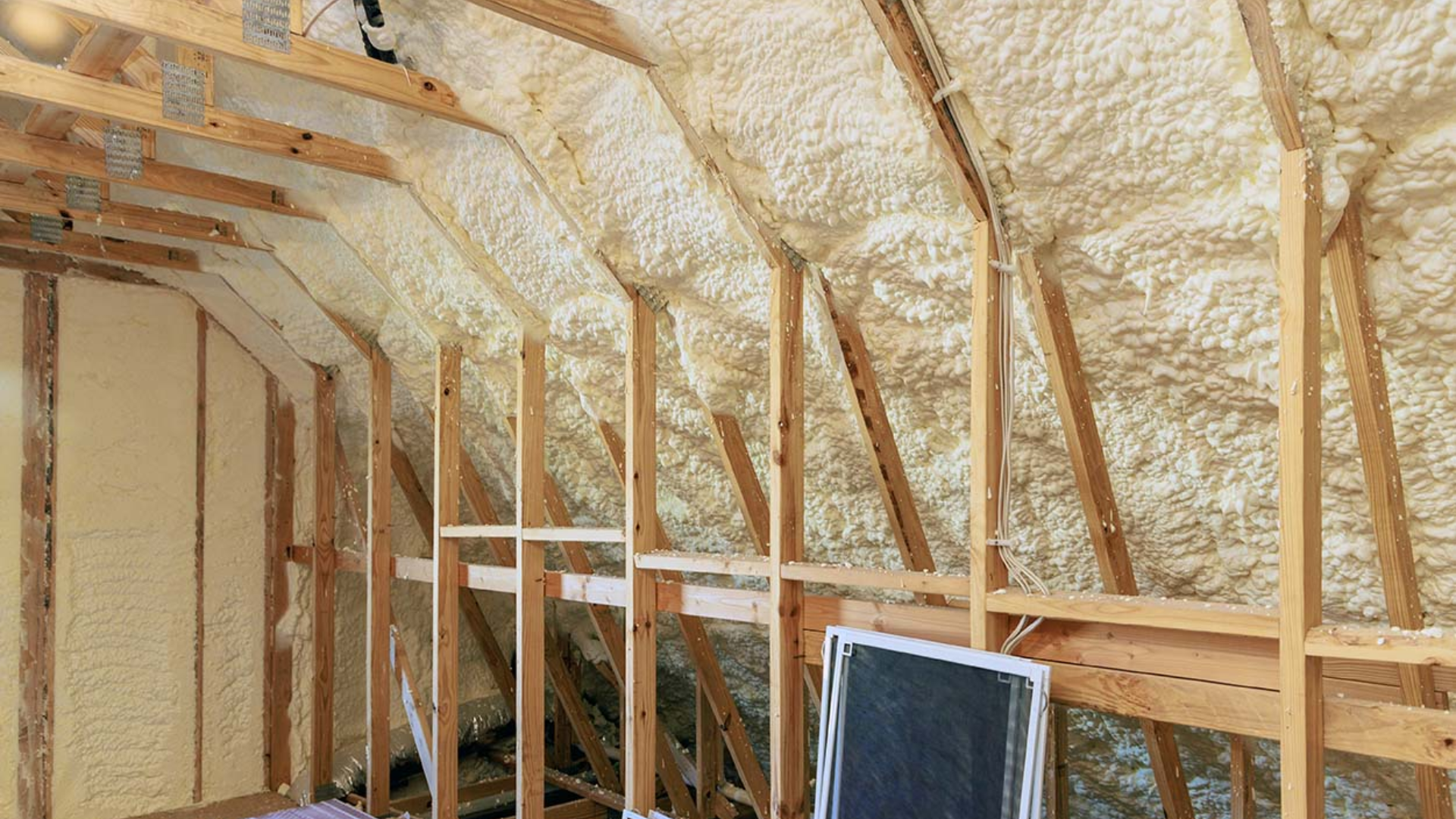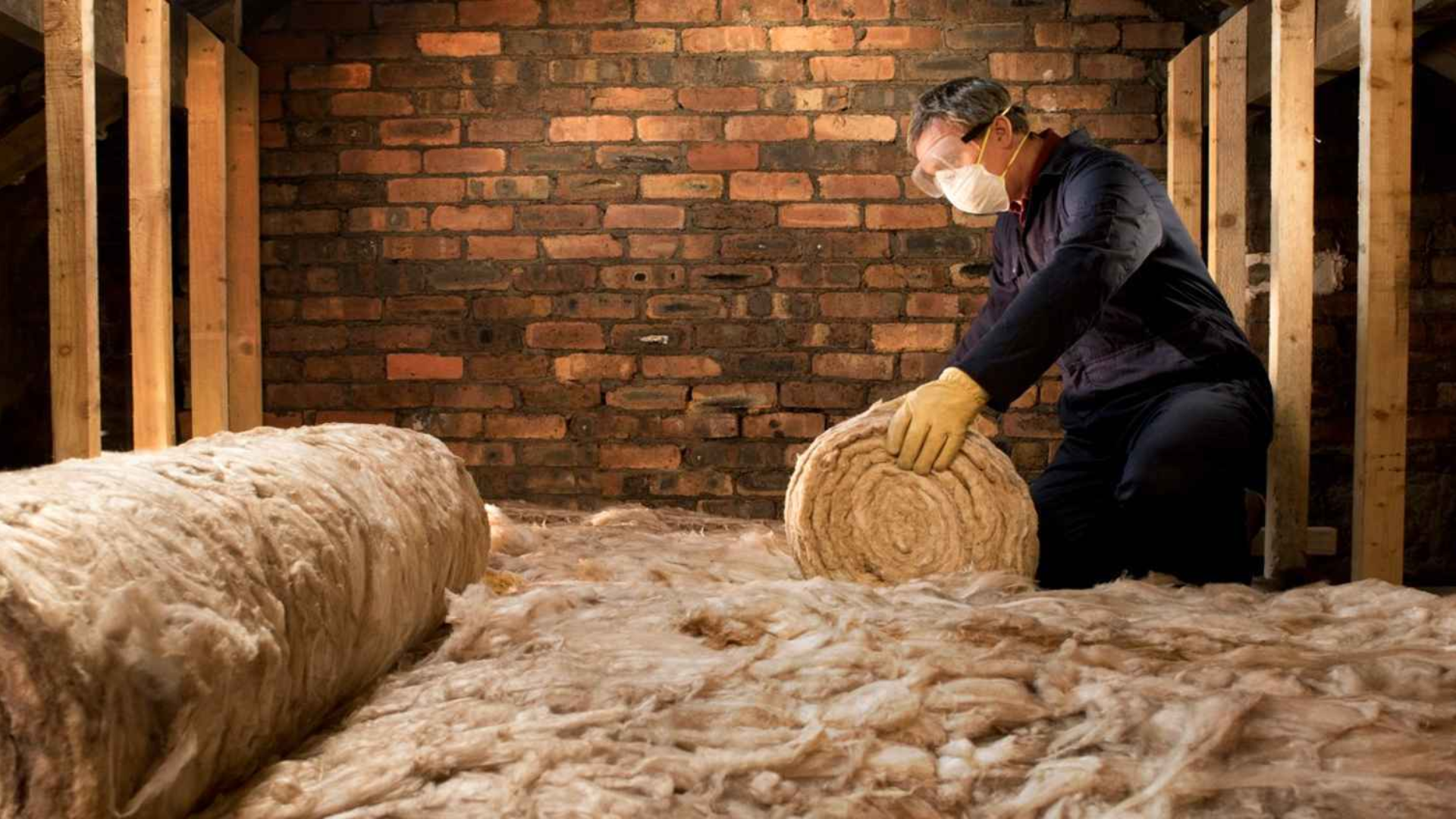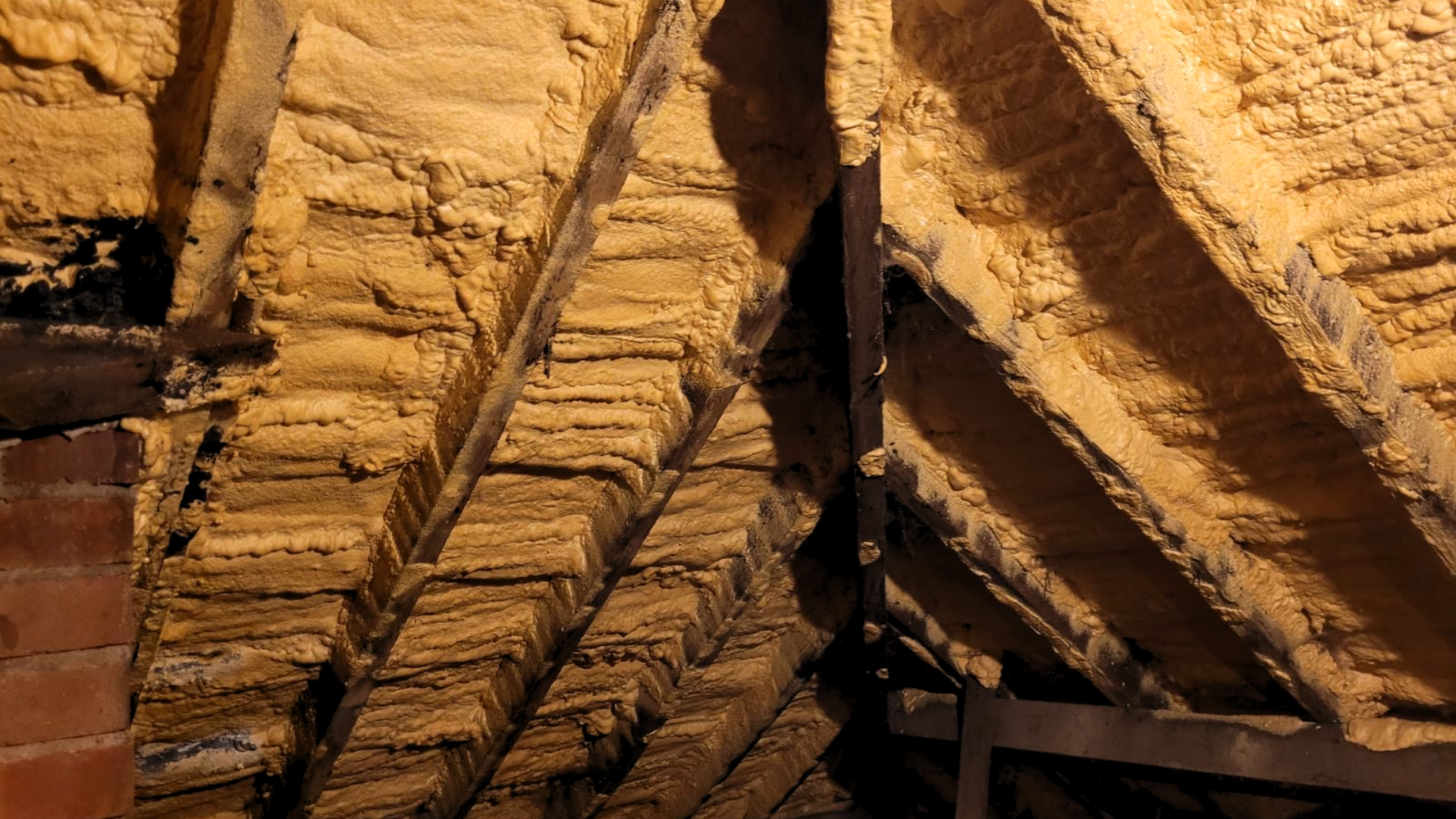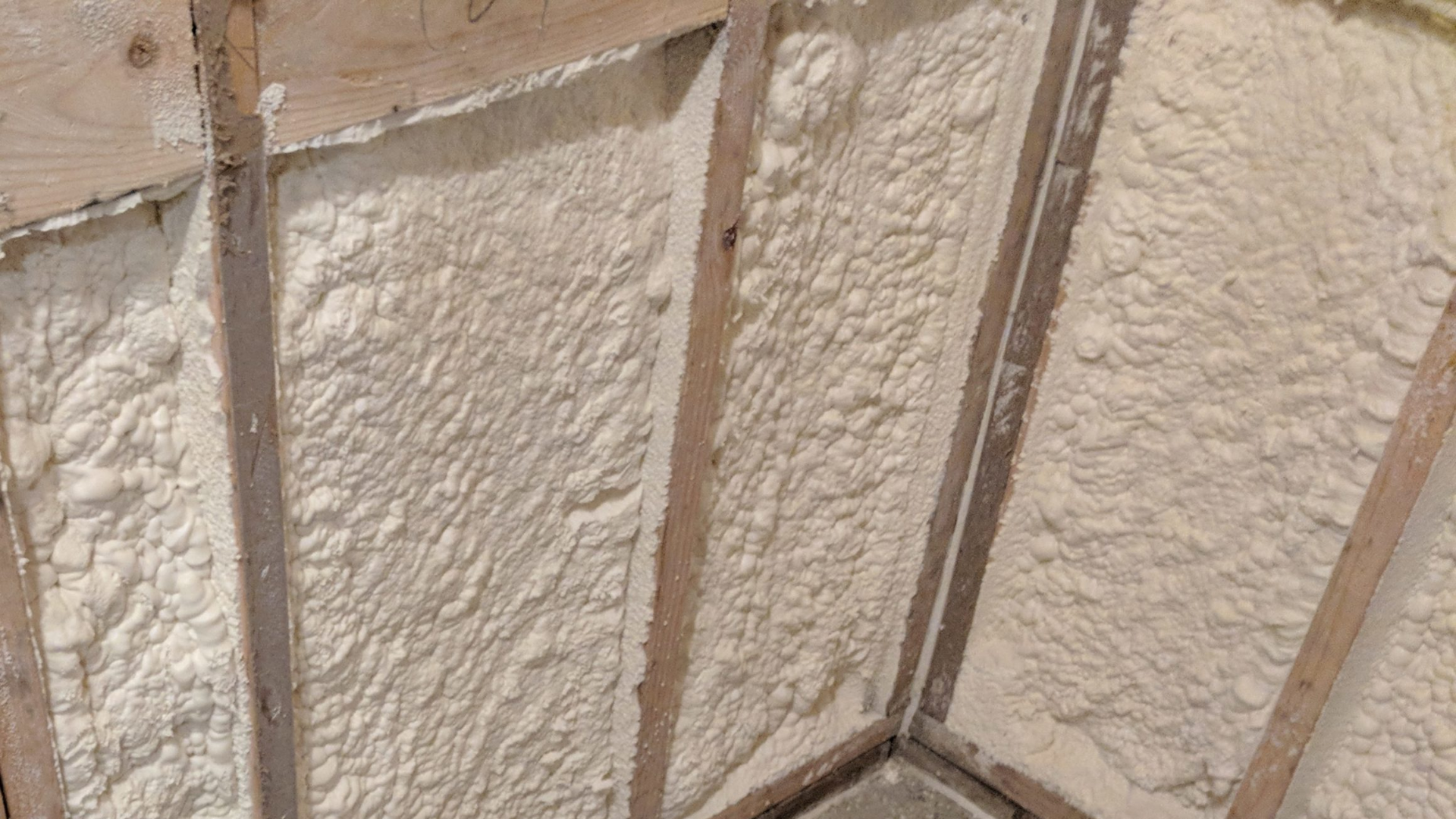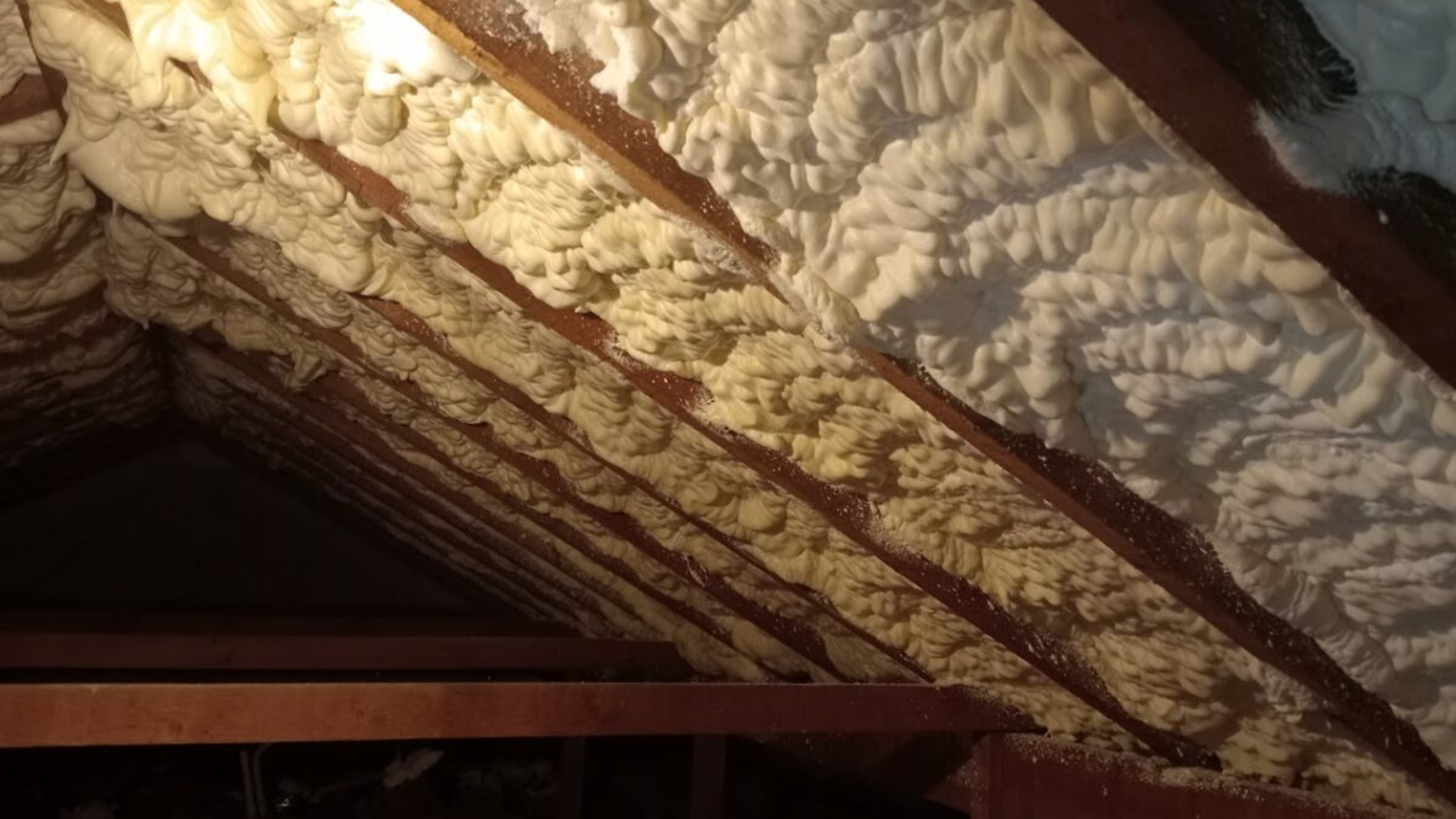The Hidden Costs of Underfloor Heating: What to Consider Before Installation
Should you think about underfloor heating?
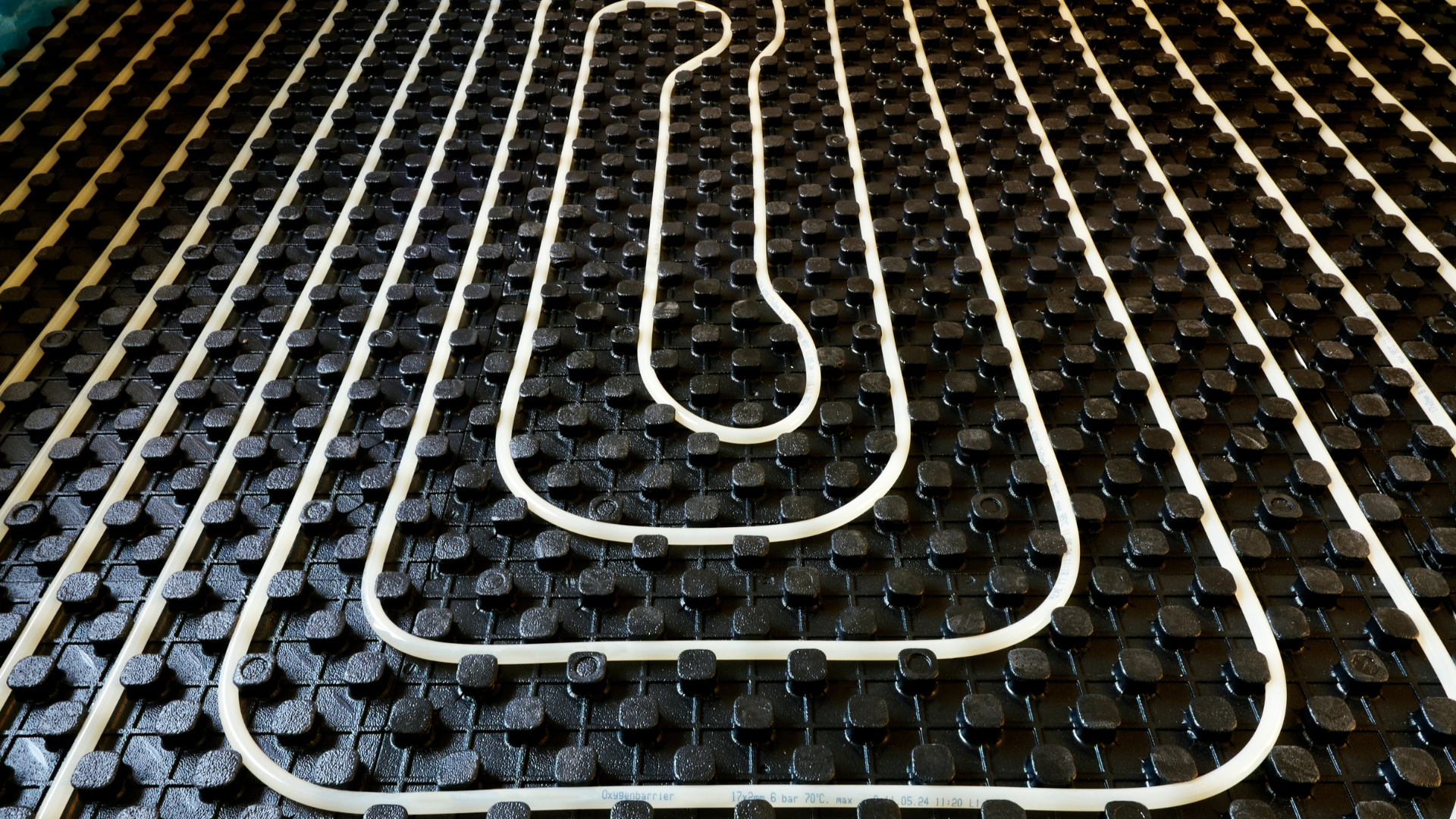
Underfloor heating has gained popularity as an efficient and luxurious heating method for homes. It offers the benefits of consistent warmth and the elimination of radiators, creating more space and a sleek aesthetic. It can be a viable option for heating the home if your loft insulation doesn’t need improving. As always, it’s best to remove unwanted, old or hazardous insulation such as Spray Foam Insulation before investing in new insulation for the home.
However, before diving into the installation of underfloor heating, it is essential to consider the hidden costs associated with this heating system. In this blog post, we will explore the factors that can impact the overall cost of underfloor heating and provide valuable insights to help you make an informed decision.
Understanding Underfloor Heating
Underfloor heating utilises both convection and radiant heat to warm a space, resulting in a consistent temperature throughout the room. It works by installing heating elements beneath the floor surface, which can be either electric or hydronic systems. Electric systems use electric cables or mats, while hydronic systems utilise water pipes connected to a central heating system.
Factors Affecting Underfloor Heating Costs
Installation Costs: The cost of installing underfloor heating varies based on factors such as the size of the room, the type of system chosen, and whether it is a new installation or retrofitting into an existing space. It is advisable to consult with a professional installer to assess your specific requirements and provide an accurate estimate.
Flooring Considerations: The type of flooring you choose can impact the overall cost of underfloor heating. Some flooring materials, such as tiles or stone, conduct heat efficiently, while others, like thick carpets, may impede heat transfer. It is important to select flooring that is compatible with underfloor heating to maximise its effectiveness and efficiency.
Energy Consumption: Underfloor heating systems typically operate at lower temperatures compared to traditional radiator systems, resulting in potential energy savings. However, it is crucial to consider the long-term energy consumption and associated costs, especially if you opt for electric underfloor heating. Evaluate your energy usage patterns and consult with professionals to determine the most energy-efficient solution for your home.
Maintenance and Repairs: While underfloor heating systems generally require minimal maintenance, it is important to factor in the costs of periodic inspections and potential repairs. Additionally, consider the warranty provided by the manufacturer or installer to ensure adequate coverage for any unforeseen issues.
Control Systems: To optimise the efficiency of your underfloor heating, investing in a high-quality control system is recommended. Smart thermostats and zoning controls allow you to manage and customise the temperature in different areas of your home, enhancing comfort while potentially reducing energy consumption.
Weighing the Benefits against the Costs
Underfloor heating offers numerous benefits, including consistent warmth, space-saving design, and potential energy savings. However, it is crucial to consider the upfront costs, ongoing energy consumption, and maintenance expenses. Assess your specific needs, budget, and long-term goals to determine if underfloor heating aligns with your requirements.
Before installing underfloor heating, it is vital to consider the hidden costs associated with this heating system. Factors such as installation costs, flooring compatibility, energy consumption, maintenance, and control systems should be carefully evaluated. By understanding these considerations, you can make an informed decision and enjoy the benefits of underfloor heating while effectively managing its costs.
Remember to consult with professionals, obtain accurate estimates, and explore different options to ensure a well-informed decision. While underfloor heating can provide a luxurious and efficient heating solution for your home, it's essential to have a comprehensive understanding of the potential costs involved.
Installation costs are a significant factor to consider. The size of the room, the type of underfloor heating system chosen, and whether it is a new installation or retrofitting can all impact the overall cost. It is advisable to consult with reputable installers who can assess your specific requirements and provide accurate estimates tailored to your home.
Another cost consideration is the type of flooring that works best with underfloor heating. Some flooring materials, such as tiles or stone, are more conducive to efficient heat transfer, while thicker carpets or certain wooden floors may reduce the system's effectiveness. Choosing the right flooring that complements underfloor heating can ensure optimal performance and comfort.
Energy consumption is an important long-term cost consideration. Underfloor heating systems typically operate at lower temperatures compared to traditional radiator systems, potentially leading to energy savings. However, it is crucial to evaluate your energy usage patterns and consult professionals to determine the most energy-efficient solution for your home. Electric underfloor heating, in particular, may have higher energy consumption compared to hydronic systems.
Maintenance and repair costs should also be factored in. While underfloor heating systems generally require minimal maintenance, periodic inspections and potential repairs should be considered. It is important to follow the manufacturer's guidelines and warranty requirements to ensure the longevity and proper functioning of the system.
Investing in a high-quality control system is worth considering. Smart thermostats and zoning controls allow for customised temperature management in different areas of your home, potentially enhancing comfort while optimising energy consumption. However, these control systems come with an additional cost that should be weighed against their potential benefits.
The decision to install underfloor heating requires careful consideration of the hidden costs associated with the system. Installation costs, flooring compatibility, energy consumption, maintenance, and control systems all play a role in determining the overall expense. By evaluating these factors and consulting professionals, you can make an informed decision that aligns with your budget and long-term goals. Underfloor heating can provide luxurious warmth and energy efficiency, but it's crucial to assess the costs involved to ensure a successful and cost-effective installation.
Head to our
news page to see more information on home insulation.
Book an appointment


